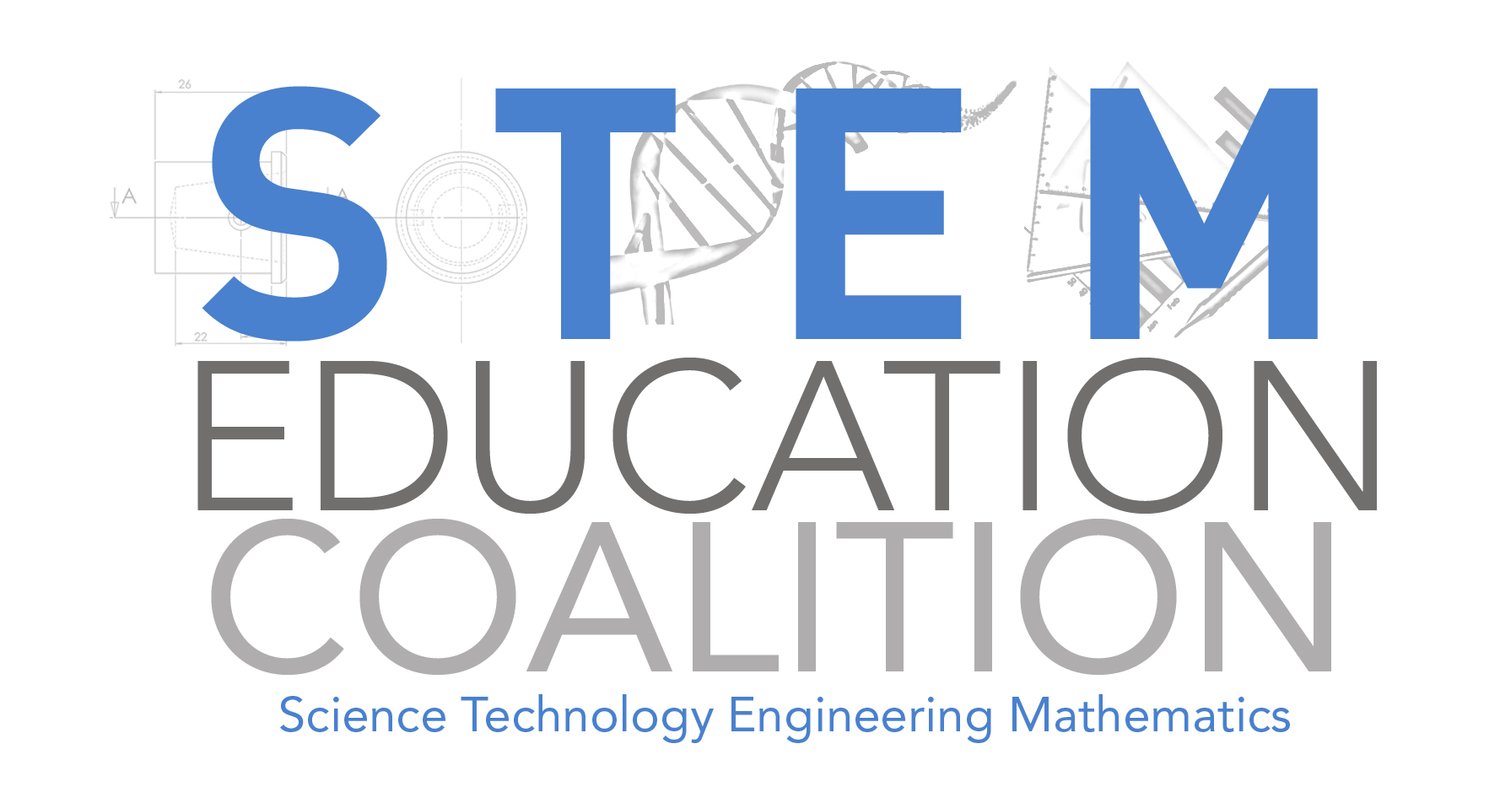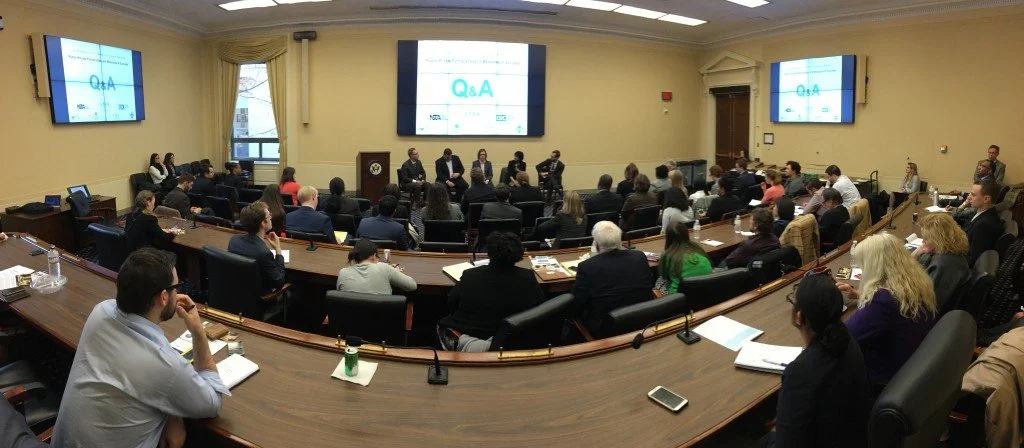Informal STEM Education 101: Public-Private Partnerships & Measures of Success
The STEM Education Coalition Policy Forum joined the National Science Teachers Association, American Chemical Society, Afterschool Alliance, American Society of Mechanical Engineers, Education Development Center, and the Association for Computing Machinery to host the another round of the Policy Forum’s continued education briefing series on informal education. Focused on public-private partnerships and how we measure their levels of success, the briefing hosted a national gathering of informal STEM experts with on-the-ground knowledge and expertise, as well as professionals who have been examining the national trends and levels of success of informal STEM programs for students.
After opening remarks from Chairman of the Committee on Science, Space, and Technology Rep. Lamar Smith (TX21) on the importance of informal education for the STEM subjects, STEM Education Coalition Policy Forum Executive Director James Brown opened the hearing to the featured speakers. Experts on the panel included, Tyler Chandler, Florida’s State Director for the Afterschool All Stars; Michael Kaurich, the Operations Director for STEM Action in Maryland; Anita Krishnamurthi, the Vice President of STEM Policy for the Afterschool Alliance; and Nick Hutchinson, the Executive of US2020. After the presentation, the panelist took questions from the crowd, comprised mostly of congressional staff and education policy makers.
Tyler Chandler and Michael Kaurich were able to share their strategies and success stories from Florida and Maryland. Both speakers’ programs utilized heavy involvement from non-profit, private industry, and school and government partnerships to coordinate the proper resources to help students involved with afterschool programs. Anita Krishnamurthi and Nick Hutchinson were able to talk about the much larger picture of PPP programs for informal STEM education, including how we measure private industry involvement, as well as how students are improving their grades, school participation, and post-graduation success rates. A continued message from all the speakers was the importance of involvement from private companies to allow professionals to partake in mentorship and tutoring for students in informal STEM education programs. Professional mentors’ time is invaluable to students as role models and nontraditional teachers for the students. At the end of the day, corporate donations and governmental grants are useful, but the real key to a success program is anchored on professionals being able to donate their time with kids while schools allowed the use of their resources after 5pm.
For the entire presentation see the links below:
Full Briefing Presentation Here
Speakers’ Organizational Information:


